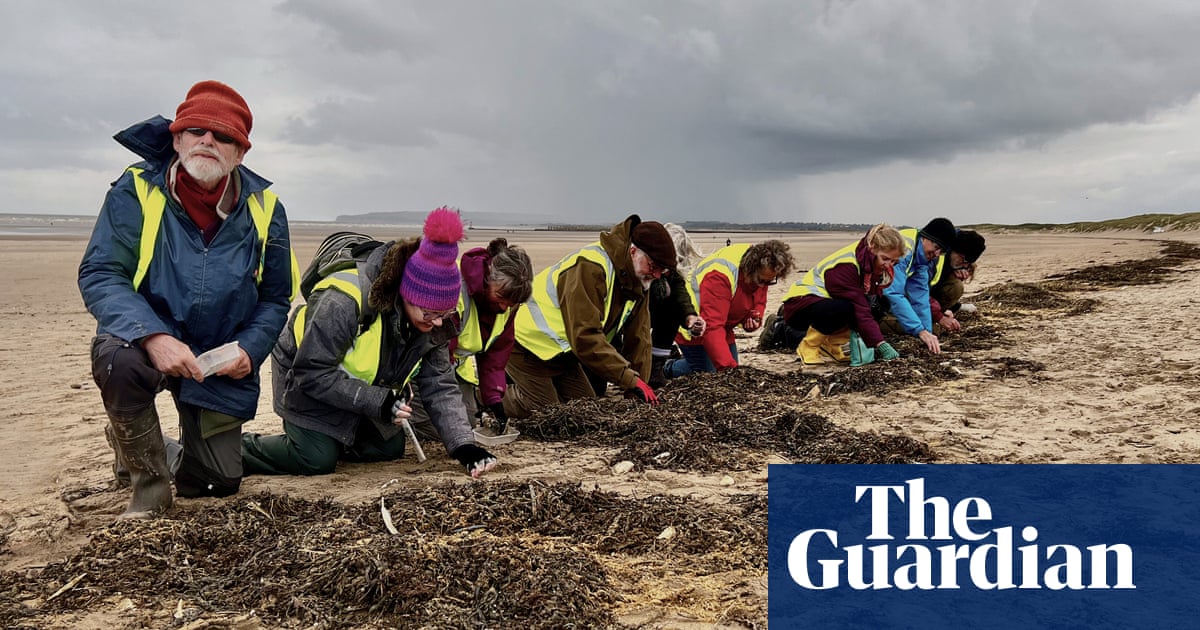Squatting in the strandline as a storm brewed on the horizon, I combed through the debris with tweezers. I spotted my first nurdle almost immediately. Covered in sand, the pale plastic pellet blended almost perfectly into the background. Next to me, a woman scraped the top layer of sand away and plopped it in a bucket of seawater. As she stirred, several nurdles drifted to the surface.
“It’s impossible to make a dent,” I thought. Despite removing more than 3,000 pieces of microplastic during our cleanup, thousands more winked at us from the sand as we left Camber Sands beach. These tiny pre-production plastic pellets, called nurdles, are littering UK beaches in such numbers that beach cleanups can’t keep up.
“I think removing all the nurdles would be an impossible task. They’re everywhere,” says Andy Dinsdale, the founder of the East Sussex-based environmental organisation Strandliners.



This is the best summary I could come up with:
Huge containers of them are transported around the world by road, rail and ship before they are melted down and made into all the plastic items we use in our day-to-day lives.
Evidence from cleanups has led to legislation such as the plastic bag tax and a ban on single-use items such as cotton buds.
Nurdle spills can occur when cargo ships capsize or drop containers overboard to preserve life during stormy seas – something allowed by international maritime law.
Dani Whitlock, a project officer at the Scottish charity Fidra says nurdle pollution rates are increasing despite voluntary industry measures that attempt to prevent it.
Since the beginning of last year, there have been four major reported pellet spills across the world – with millions washing up in France, India, Dubai and Spain.
Better legislation, regulation and independent supply chain audits globally – including labelling nurdles as hazardous so they are treated with care during transport – could reduce pellet pollution by about 95%, she says.
The original article contains 757 words, the summary contains 166 words. Saved 78%. I’m a bot and I’m open source!